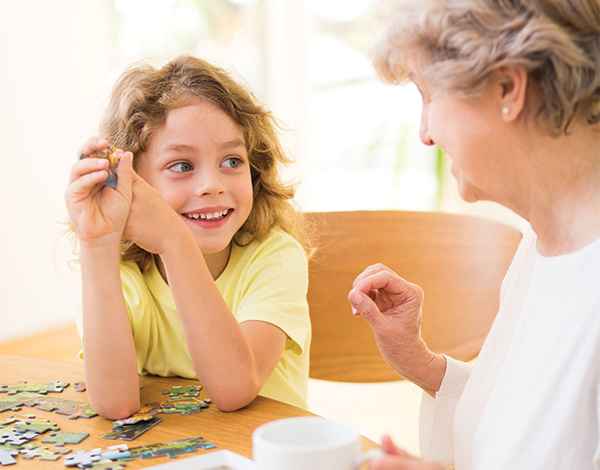Life After Lung Cancer
Overcoming the Challenges of Lung Cancer Survivorship
by Kimarie Knowles, LCSW-R
According to the American Cancer Society, there are more than 540,000 people in the U.S. living with a history of lung cancer. With the adoption of better lung cancer screening, more people are being diagnosed with earlier stage disease and living longer after treatment.
However, while lung cancer survivors are living longer, they are also facing physical, practical, and psychological side effects that can affect their quality of life. Common physical side effects can include respiratory issues, fatigue, neuropathy, and postsurgical pain. In one study, researchers found that 60 to 70 percent of lung cancer survivors were coping with some type of respiratory issue, such as shortness of breath, cough, wheezing, or phlegm. In addition to these physical side effects, many lung cancer survivors find that lung cancer treatment and recovery affect their finances as well. Whether it’s medical bills, loss of work, forced retirement, or lack of insurance coverage, the stress related to these practical concerns can be a struggle for many lung cancer survivors after treatment.
To help mitigate these issues, cancer treatment centers across the U.S. are developing better care for lung cancer survivors, including offering treatments that can improve lung cancer survivors’ quality of life. Pulmonary rehabilitation and respiratory therapy, along with a physician-approved exercise program and certain medications, can improve respiratory issues such as shortness of breath. Treatments for neuropathy and pain include medications, physical therapy, occupational therapy, and integrative medicine approaches like acupuncture and massage therapy.
Fatigue is one of the most common side effects that lung cancer survivors experience. Like many long-term side effects, managing post-treatment fatigue requires an integrated approach. Many lung cancer survivors have seen improvement after implementing an exercise plan, having a nutrition consultation, and undergoing a sleep assessment.
Fatigue is one of the most common side effects that lung cancer survivors experience.
In addition to the physical side effects, many lung cancer survivors experience cumulative losses associated with the diagnosis. These losses can include physical and functional losses. But they can also include the loss of the “healthy self,” which brings with it the recognition that one is mortal. Adjusting to your new normal after lung cancer requires an acceptance and awareness of the changes that have taken place, as well as of the uncertainty that exists in life after lung cancer.
Sadness, grief, anxiety, and fear of cancer recurrence are normal emotions that many lung cancer survivors experience at different points along the course of managing the disease. Complicating and contributing to these feelings is the stigma that some lung cancer survivors feel. It is not uncommon for people with lung cancer to conceal their diagnosis, as a frequent first response from others upon hearing the news is, “Did you smoke?” This type of reaction implies judgment and suggests that people who have a history of smoking are to be blamed for their cancer. But the truth is that no one deserves to get cancer, and everyone going through it deserves empathy and compassion.
Coping with the psychological side effects of lung cancer survivorship requires a multifaceted approach. Numerous strategies can be used to help lung cancer survivors cope with feelings of depression, anxiety, fear, and stigma. Different techniques will be useful for different people, as each person is unique, but some helpful strategies that have been shown to reduce distress and help improve quality of life in lung cancer survivors include talking to an oncology counselor, joining a support group, educating yourself about lung cancer and how to manage side effects, finding purpose and meaning in your life, learning meditation or other mind-body exercises, and seeing a psychiatrist.
Life after lung cancer is certainly not without its challenges. However, you can live a full, meaningful life as a lung cancer survivor. Make the choice to treat yourself with compassion and empathy as you navigate this journey. And know that support is available to help you overcome the challenges of living with and surviving this disease.

Kimarie Knowles is a clinical social worker at Memorial Sloan Kettering Cancer Center in New York, NY, where she focuses on helping cancer survivors adjust as they make the transition from active treatment to post-treatment. Through MSK’s Resources for Life After Cancer program, Kimarie facilitates a post-treatment lung cancer support group and provides individual counseling to cancer survivors.
This article was published in Coping® with Cancer magazine, May/June 2020.


